The Power of One for Decision Support webinar was held last June 24, 2021! In the clip below, Michelle Topacio from Wolters Kluwer Clinical Effectiveness discussed how using Wolters Kluwers’ UpToDate and Lexicomp helps healthcare providers deliver the best quality of care and actually save patients lives!
Providing the best evidence to make harmonized decisions.
UpToDate is composed of a team of 7,300+ clinician experts who continuously maintain and publish updates. It has 6,900+ unique drug entries, 9,500+ graded recommendations, 12,000+ clinical topics, 1,500+ patient education topics, 425+ journals that are hand searched and reviewed, and 514,000+ references.
A survey done in 2020 with 14,137 participants showed that 98% of them are satisfied with UpToDate and that they trust UpToDate as a point-of-care clinical information resource. 96% of them believed that UpToDate improves the quality of care they can provide. 90% said that using UpToDate saves them time. 88% made changes to their patient management, and 86% believe that UpToDate has led to more appropriate diagnostic testing.
UpToDate, Lexicomp, and MERX Help Save Patients Lives
“These kinds of outcomes are critical in assessing the effectiveness, the utility, and the impact Wolters Kluwer’s resources can have in improving clinical effectiveness.“
As a Gold Partner of Wolters Kluwer in the Philippines, Exist is committed to finding ways on improving hospital and clinic systems while promoting evidence-based care to help them achieve quality patient outcomes and Save Patient’s Lives.
By integrating both UpToDate and Lexicomp into MERX, clients can instantly access these clinical decision support systems within the hospital system’s interface. As the clip below shows, MERX users can readily take advantage of information references from UpToDate and Lexicomp at the point of care!
- With this, Merx provides clinicians with the tools that integrate into clinical workflows that reduce medication and diagnostic errors.
- Easily align care teams across the entire healthcare system with information that supports evidence-based care this in return helps Save Patient’s Lives.
- Provide users with information right at their fingertips that helps the physician make good decisions and ensures that the nurses, pharmacists, and patients are all aligned with that decision-making.
Save more lives with UpToDate, Lexicomp, and MERX. Schedule a demo now!
Check Out Our Insights on Digital Healthcare
Click the button to learn more.

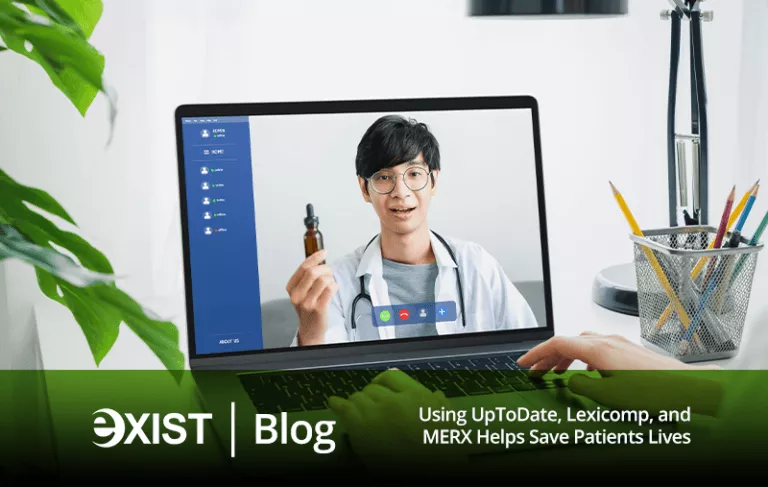


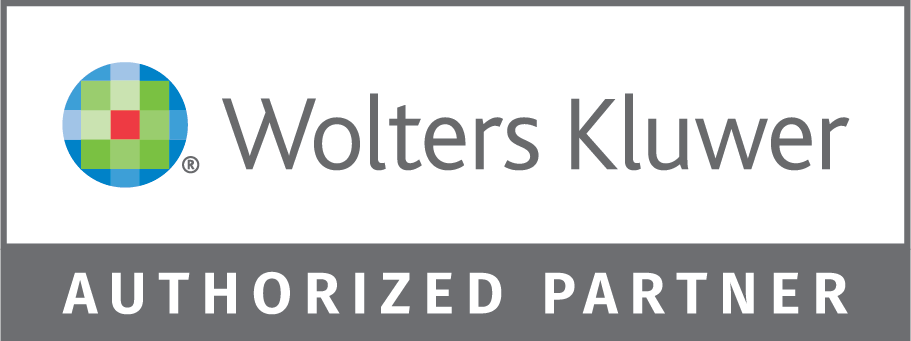
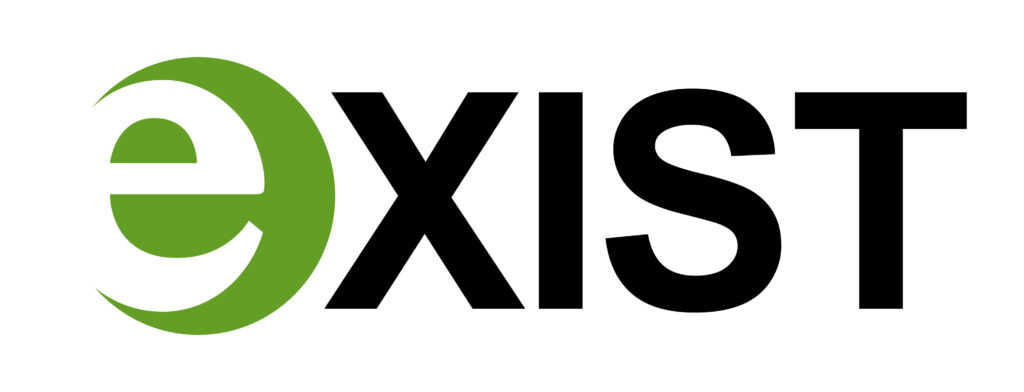



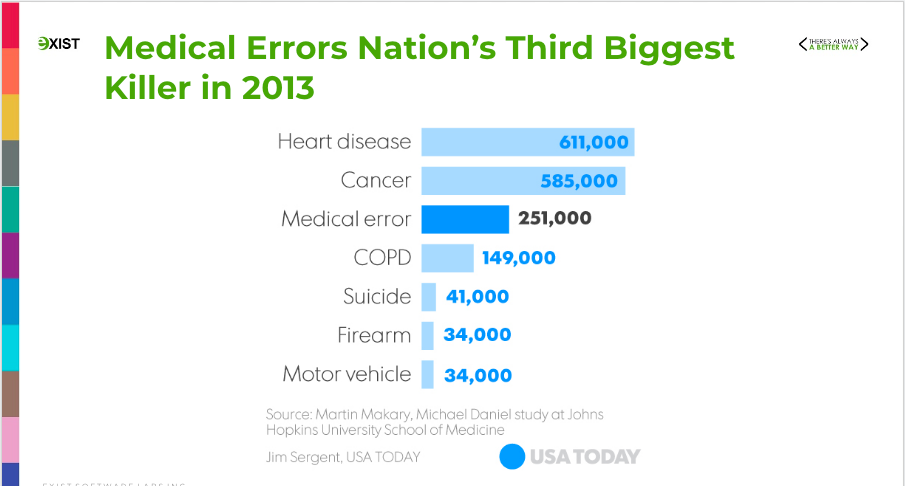
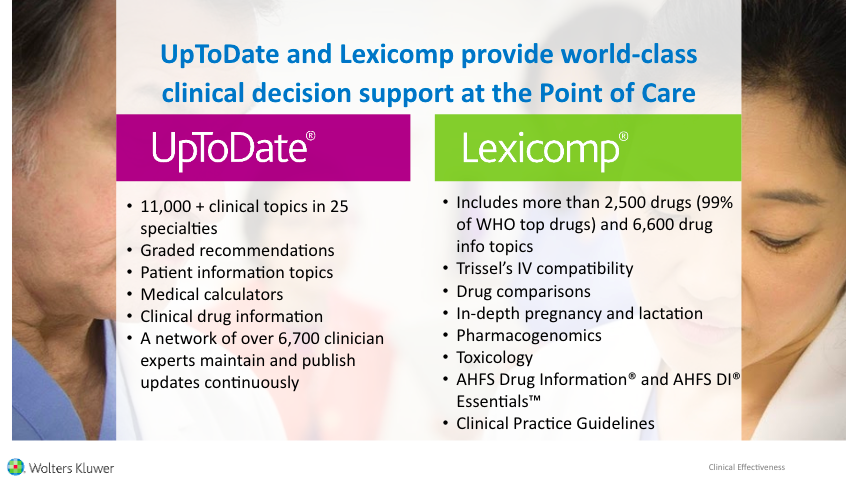
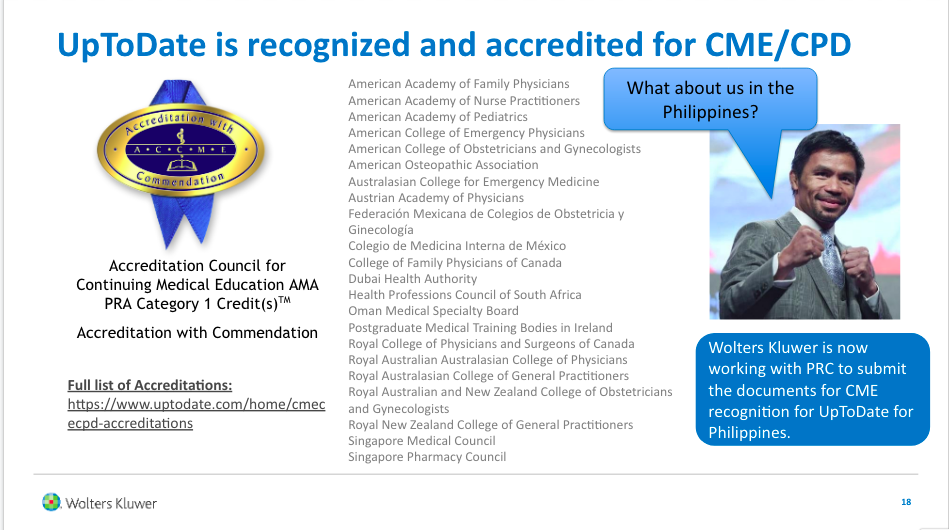 See
See